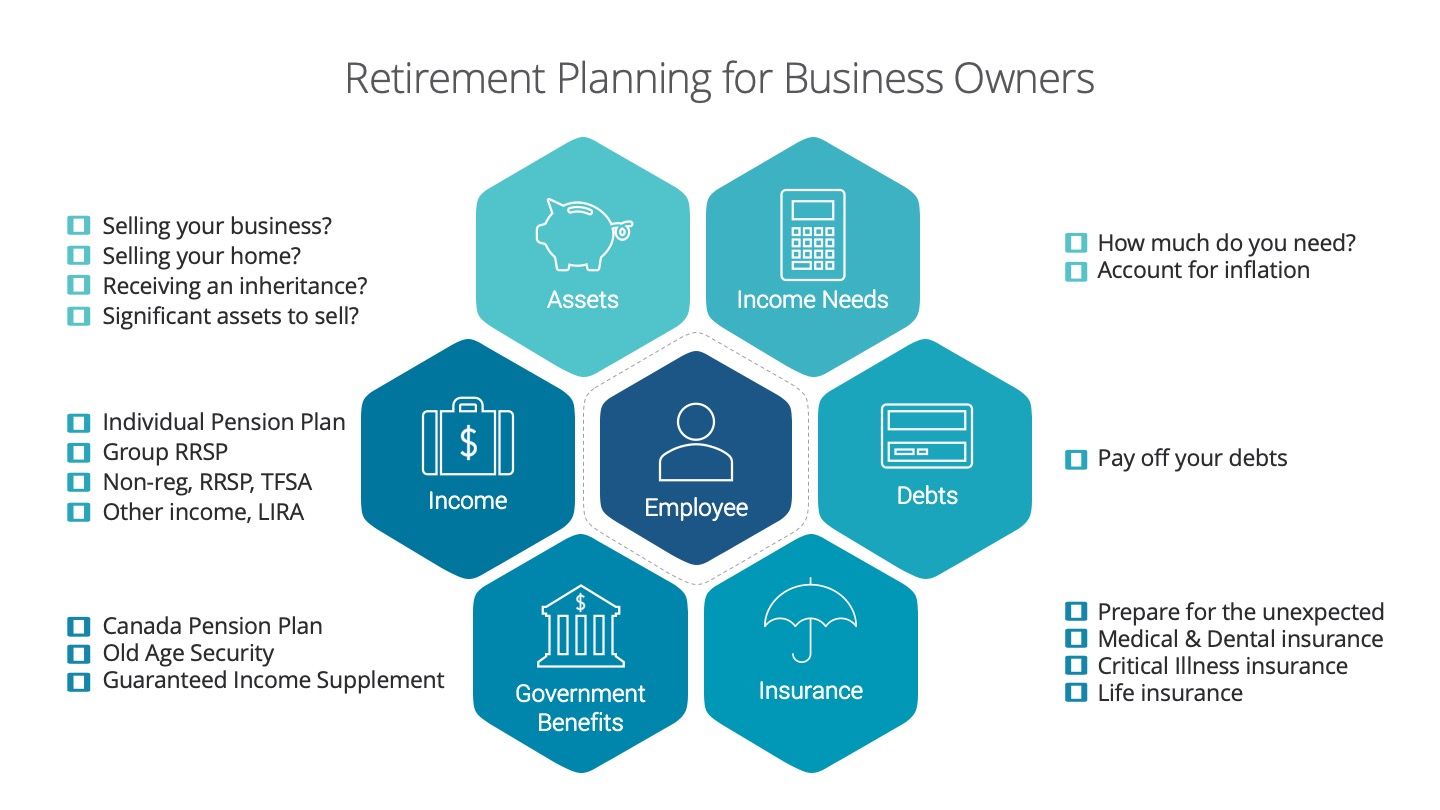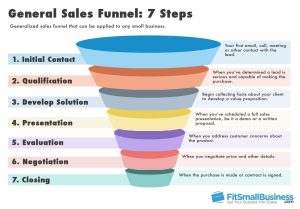
Retirement planning is an essential aspect of financial management for everyone. However, for business owners, retirement planning becomes even more critical. As a business owner, you have the responsibility of not just securing your future, but also considering the future of your business and employees. In this article, we will discuss the key aspects of retirement planning specifically tailored for business owners.
1. Start Early
When it comes to retirement planning, starting early is crucial. As a business owner, you have the advantage of being in control of your income and savings. Take advantage of this by starting your retirement planning as soon as possible. The power of compounding works in your favor when you have more time to grow your investments.
2. Determine Your Retirement Needs
Before setting goals for your retirement, it’s important to assess your financial needs. Consider your current lifestyle, future financial commitments, and potential healthcare expenses. Evaluating these factors will help you determine the amount you need to save and the investments you need to make to achieve a comfortable retirement.
3. Utilize Retirement Accounts
There are various retirement accounts available to business owners, such as SEP IRAs, SIMPLE IRAs, and solo 401(k) plans. Each of these options has its own contribution limits, tax advantages, and eligibility criteria. Consult with a financial advisor to understand which retirement account suits your business structure and financial goals.
4. Consider a Succession Plan
Planning for retirement as a business owner involves not just securing your personal finances but also ensuring the continuity of your business. Consider developing a succession plan to smoothly transfer ownership or management of your business to a chosen successor or team. This helps maintain stability and preserves the value of your hard work and legacy.
5. Diversify Investments
While your business may be your primary source of income and investment, it’s crucial to diversify your investment portfolio. Relying solely on your business for retirement can be risky. Explore different investment options like stocks, bonds, mutual funds, or real estate to spread the risk and increase your chances of achieving your retirement goals.
6. Monitor and Review Regularly
Retirement planning is not a one-time process. As a business owner, your financial situation can evolve over time. Make it a habit to monitor and review your retirement plan regularly. This way, you can make necessary adjustments based on changes in income, expenses, and market conditions while ensuring your retirement goals remain on track.
7. Seek Professional Guidance
Retirement planning can be complex and overwhelming, especially for business owners with unique financial situations. It is highly recommended to seek professional guidance from financial advisors or retirement planners who specialize in working with business owners. They can provide personalized advice and help you create a retirement plan aligned with your specific needs and goals.
Conclusion
Retirement planning for business owners requires careful consideration and proactive steps. By starting early, assessing your needs, utilizing retirement accounts, developing a succession plan, diversifying investments, regularly monitoring, and seeking professional guidance, you can set yourself up for a secure and fulfilling retirement both personally and professionally.

